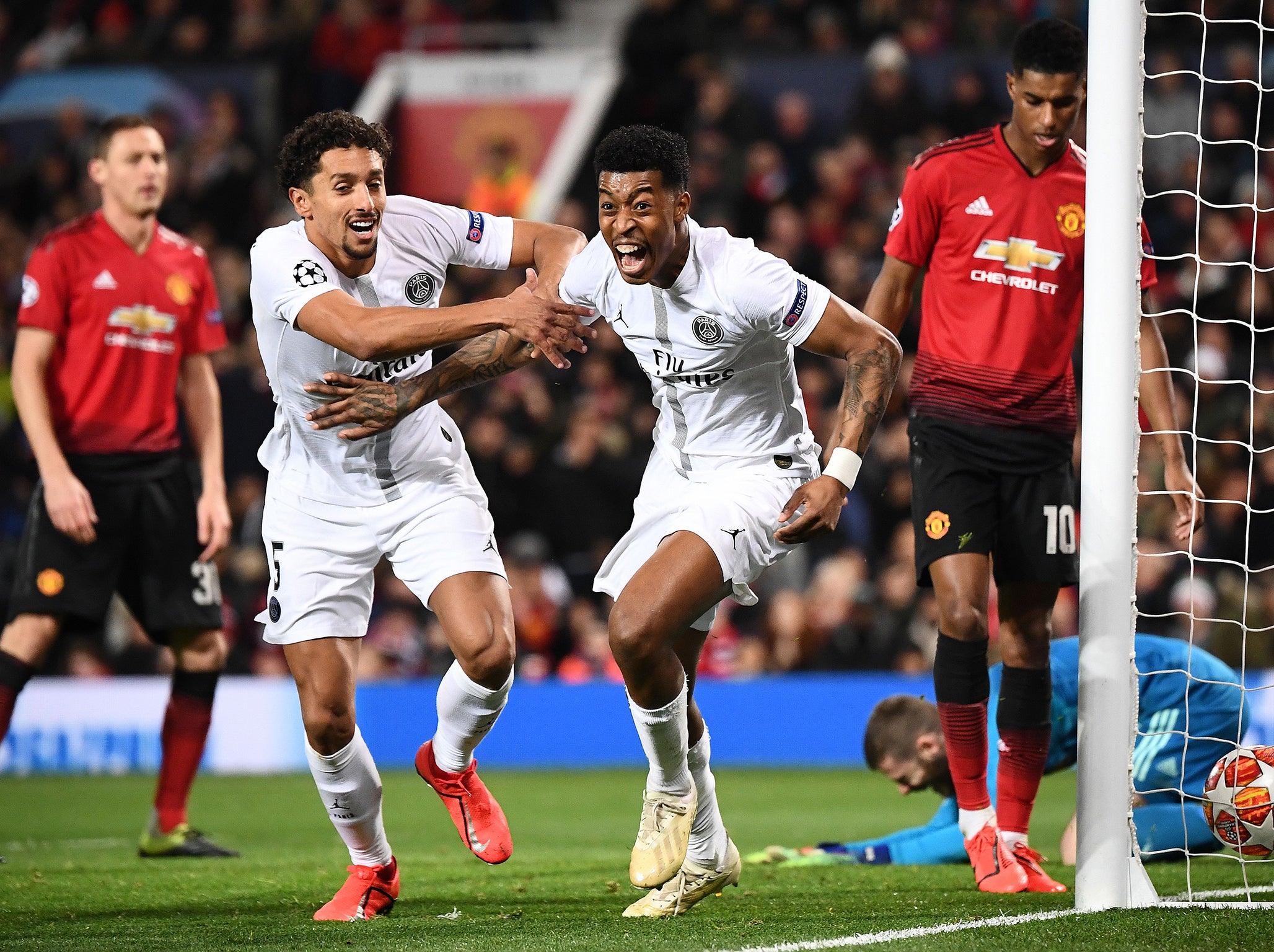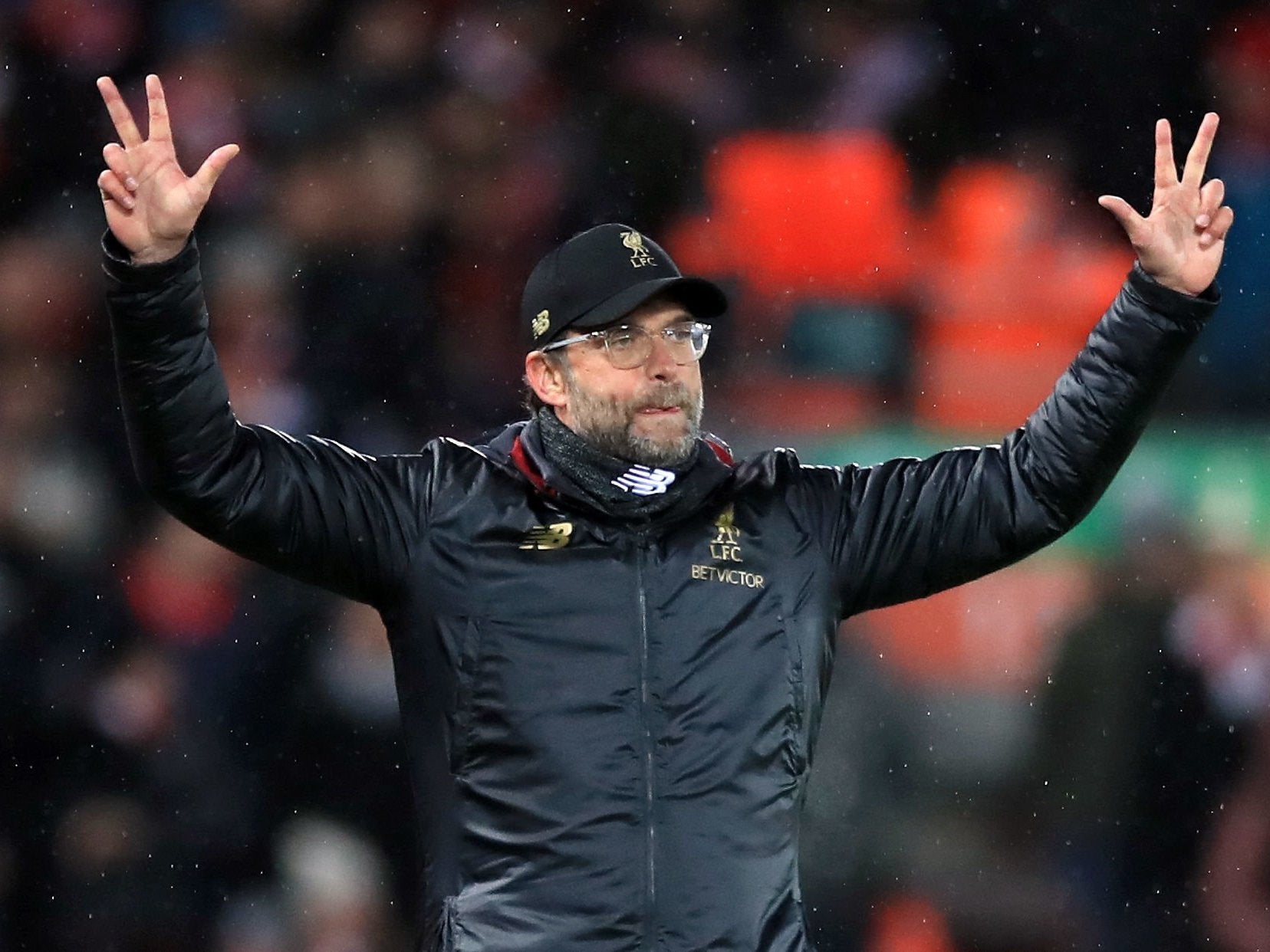Manchester United vs Liverpool: Why a fixture famed for its history and rivalry is now more about the future
The title race and the future of Ole Gunnar Solskjaer could well be decided on weekend
It was another spring match against their greatest rivals at Old Trafford, and the Manchester United board felt they’d seen enough. Liverpool, meanwhile, felt they were finally doing enough. Brendan Rodgers’s side had just eviscerated United 3-0 to further propel their supreme winning run, to fuel belief they would finally end that long wait for the title, and in the process ended David Moyes’ time in charge at Old Trafford. The United board waited until they were out of the 2013/14 Champions League because of all the contractual and technical terms involved, but that was the day the decision was made.
It was perhaps the two clubs’ most momentous meeting of recent times - until now. Until this weekend. We again finally have a United-Liverpool fixture that is huge for reasons beyond the history of the rivalry or their histories of glory as the two most successful clubs in England. We have proper stakes, at what is developing into the most intense stage of the season.
On one side, there’s Liverpool’s 29-year wait for the league, since Rodgers couldn’t actually claim it in 2013/14. On the other side, there’s a huge managerial decision at United, but one that feels all the more freighted - and important - because it is not about consigning someone to the past as with Moyes or Jose Mourinho. It's about the future and the potential of Ole Gunnar Solskjaer.
Through it all, there’s also the likely consequence of any result. It is not just that winning or losing here will help decide these themes but that winning or losing this match will have such a psychological and emotional effect.
Winning at Old Trafford, to properly ruin their great rivals’ feel-good momentum around Solskjaer by inflicting his first league defeat, and claim such a massive victory in such a difficult fixture, might well restore Liverpool’s recently evaporated sense of relentlessness; it might restore their aura. The positive effect would be manifold, and maybe exponential.
But the same would apply to United. Beating Liverpool, to properly derail their great rivals’ emotionally-freighted title charge, while virtually confirming a top-four finish with such a huge victory against a difficult side, might well make the momentum to give Solskjaer the job relentless.
Little wonder so many around Old Trafford have been saying “it all comes down to Liverpool”.
While Solskjaer has already had discussions with the board about taking the job full-time, and many officials already want to give it to him, a win here would serve as one seriously persuasive argument.
It would be his biggest win so far, by far, not least for the fact Liverpool can fairly be described as one of the best sides in Europe right now. You only have to look at their own home win against Paris Saint-Germain, compared to United’s defeat.

Whatever about Solskjaer’s job potentially all coming down to this game, it is rare in history that so much has come together for this famous fixture. That is one other reason Sunday stands out. When you stand back, it is actually remarkable that a meeting of such history and so many trophies has so rarely had much riding on it beyond rivalry. It does perhaps explain why it has so often produced such tepid - if still tense - games.
That oddity is because, despite the 38 leagues between them, Liverpool and United have rarely directly competed for the title. It could even be argued that 2008-09 was the only time since the second world war that they have seriously, properly, gone against each other. As such, the stakes of a match like this stand out all the more.
It is not just the wider strands that are coming together to fire this game. So too are the narrower vagaries of form. It feels perfectly set.

Whereas Liverpool were on a different level to United in that 3-1 December win at Anfield that cost Mourinho his job, it does not feel the case now. Klopp’s side have recently lost a lot of that energy, the various pressures of the title race leaving them that bit flatter, with the results - and especially those two 1-1 draws to Leicester City and West Ham United - only serving to further weigh every game. You can feel it among the fans. Every fixture is now an obstacle to work out, rather than a step to be strode over.
For United, meanwhile, every game is now a chance; a feel-good event. Everyone is enjoying themselves again - not least players like Pogba.
So, while Liverpool are the better team, United are in the better form
It all feeds into the higher stakes, for what might be most momentous match between the two in years - and hopefully the best. There's enough in it.
Join our commenting forum
Join thought-provoking conversations, follow other Independent readers and see their replies
Comments
Bookmark popover
Removed from bookmarks